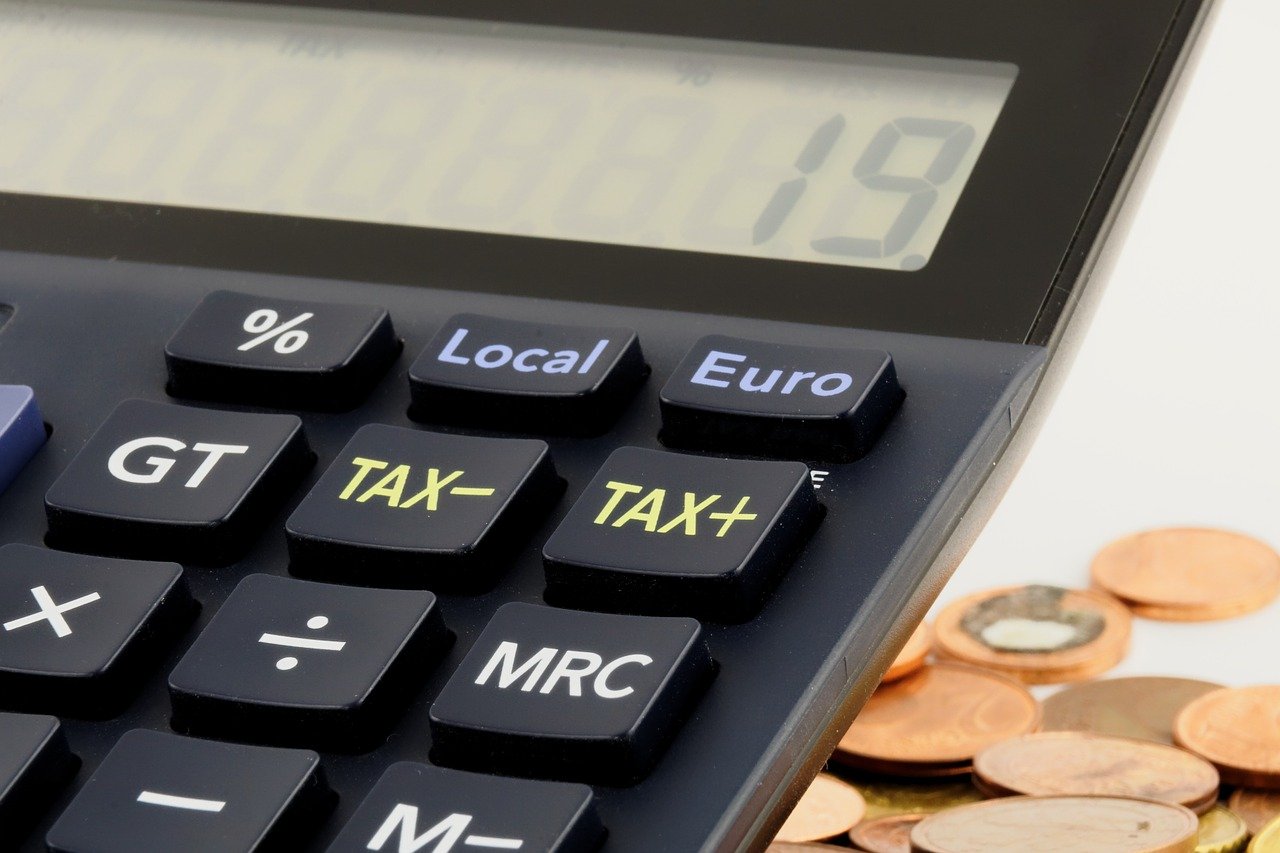From September 30, Ukraine officially becomes part of the global system for exchanging information about bank accounts under the CRS (Common Reporting Standard) agreement. What does this mean for Ukrainians and how will it affect the financial situation in the country? Let’s find out.
What is CRS?
CRS is a global standard for automatic exchange of financial information created by the Organisation for Economic Co-operation and Development (OECD). The aim is to combat tax evasion through the exchange of data on bank accounts between countries. Currently, 123 countries have joined the CRS system, and now Ukraine is also becoming part of this process.
How will the information exchange work?
The information exchange will occur automatically. Banks will collect data on account holders and send it to the tax authorities of the countries where these holders are tax residents. This way, countries will receive information about the foreign assets of their citizens and will be able to monitor tax payments.
In 2024, this process will only cover accounts with over a million dollars or new accounts opened after Ukraine’s accession to the CRS. However, the following year, data exchange may extend to other citizens, including refugees working in Ukraine but receiving social benefits abroad.
Who will be under scrutiny?
The main target is citizens who have significant assets abroad but do not declare them in Ukraine or attempt to evade tax payments. If you have bank accounts abroad and have not informed the Ukrainian tax authorities about them, be prepared for scrutiny.
This particularly concerns those who try to hide their income abroad or engage in financial transactions in other countries without declaration.
Does this apply to refugees?
Yes, in the future, CRS may also apply to refugees who receive social benefits in EU countries or other countries but continue to work or earn income in Ukraine. This will become an important aspect for monitoring social benefits and financial transactions of those who are currently outside the country.
Penalties and Liability
If the tax authorities find discrepancies or errors in the data, it can lead to significant fines. Ukrainians who conceal their financial assets or provide false information face fines of up to 800,000 hryvnias. This is a powerful tool to combat tax violations.
What to Do to Avoid Problems?
First of all, it is important to be honest and open with the tax authorities. If you have accounts abroad or have not declared your assets, it is better to do so now. Also, pay attention to possible changes in tax legislation that may affect your financial obligations.
Conclusion: Ukraine is becoming part of the global system to combat tax violations. If you have foreign accounts or significant assets, be prepared for information exchange and possible audits.


